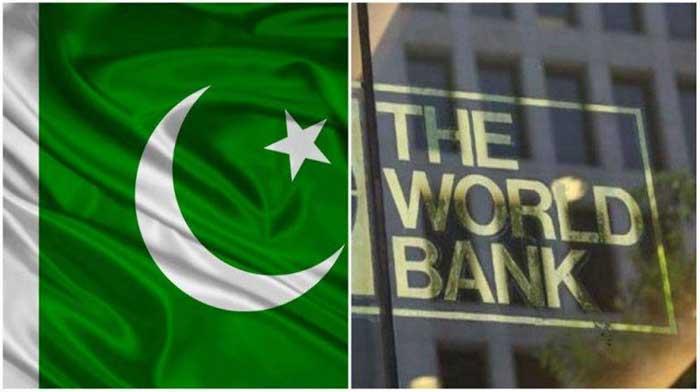Monitoring Desk
ISLAMABAD: Martin Raiser, the World Bank’s Regional Vice-President for South Asia, has warned that Pakistan’s economy is stuck in a “low-growth trap” with poor human development outcomes and increasing poverty.
Raiser reaffirmed the bank’s commitment to support the people of Pakistan in his address during a ceremony in Islamabad.
In his address, Raiser delivered a stark assessment of the nation’s economic landscape.
“Pakistan’s economy is stuck in a low-growth trap with poor human development outcomes and increasing poverty. Economic conditions leave Pakistan highly vulnerable to climate shocks, with insufficient public resources to finance development and climate adaptation,” warned Raiser.
“It is now time for Pakistan to decide whether to maintain the patterns of the past or take difficult but crucial steps towards a brighter future.”
Raiser’s remarks underscore the urgency of the significant policy initiatives he unveiled during his visit. These initiatives, encapsulated in a series of policy notes, highlighted the critical policy shifts required for fostering a more productive, sustainable, resilient, and healthier Pakistan.
The policy notes-focusing on child stunting, fiscal sustainability, private sector growth, energy, learning poverty, agriculture, and climate change – are the culmination of several months of outreach and engagements conducted across the country under the “Reforms for a Brighter Future – Time to Decide” banner.
They are intended to help inform the public policy dialogue in the context of the upcoming elections.
The policy notes advocated that Pakistan needs to address its acute human capital crisis – including the high prevalence of stunting and learning poverty – by adopting a coordinated and coherent cross-sectoral approach to basic services involving both provincial and federal governments.
They suggested that Pakistan should improve the quality of public spending and take serious measures to expand the revenue base, ensuring that the better off pay their share.
They also stated that the country should pursue business regulatory and trade reforms and reduce the presence of the state in the economy to increase productivity, competitiveness, and exports.
He said that Pakistan should remove distortions that undermine the performance of the agricultural and energy sectors, including through subsidy reform and privatisation of electricity distribution companies.




